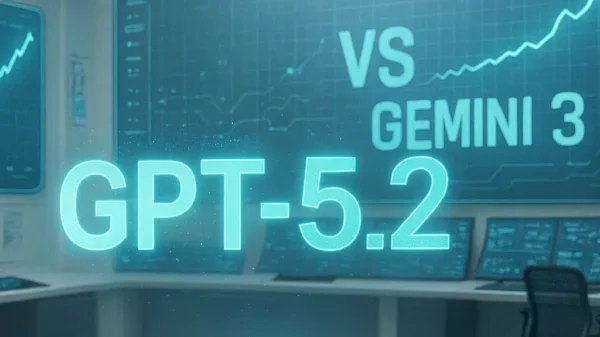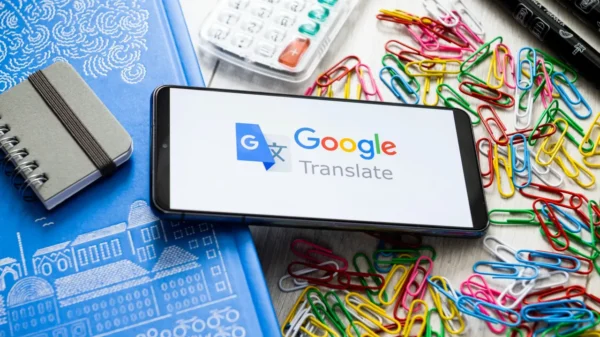After a settlement which took place on Thursday, the Gatorade Company was reprimanded with the sum of $300,000 for negatively depicting water in their free, award-winning mobile video game, Bolt!, which was downloaded 2.3 million times.
Players of the game ran a race as the Olympic runner, Usain Bolt, gathering coins and obtaining energy when he touched a Gatorade icon. However, when Usain touched a water icon, the gamer would slow down and begin to lose energy, suggesting that water doesn’t replenish athletes the way Gatorade does when they’re exercising. Even the instructions suggest to players to “keep your performance level high by avoiding water,” and promotes Gatorade by advising players to “grab Gatorade to fill your fuel meter.” The game, which was released in 2012, is no longer available to purchase on iTunes.
California attorney Xavier Becerra claimed at the settlement, which took place over the course of one day, that Gatorade infringed upon California’s consumer protection laws when it made deceptive assertions about water that could prove to be harmful to a child’s nutrition.
“Making misleading statements is a violation of California law. But making misleading statements aimed at our children is beyond unlawful. It’s morally wrong and a betrayal of trust,” said Becerra in a statement. “Today’s settlement should make clear that the California Department of Justice will pursue false advertisers and hold them accountable.”
Jennifer Harris, a food and marketing specialist at the University of Connecticut’s Rudd Center for Food Policy and Obesity, stated, “Companies are finding that teens are more skeptical of classic advertising and traditional television ads. They tune them out.” She also said that companies are instead using untraditional methods to advertise their products to a younger demographic through the use of films, television shows, and video games because “it is a way to sort of deactivate the skepticism someone would have over a traditional ad.”
“When this is disguised as entertainment, it distracts you, and the advertisement becomes more effective because your defense mechanism is lower,” continued Harris. “When the industry aims these messages at young people, it raises a public health concern.”
According to the American Association of Pediatrics in their guidelines from 2011, water should be considered a child’s “initial beverage of choice as long as daily dietary caloric and other nutrient (eg, calcium, vitamins) needs are being met.” Under the guidelines, water is also the number one choice that is appropriate for hydration “before, during, and after most exercise regimens.”
Based off of these facts, children and teens between the ages of 13 and 18, which is the target audience for the Bolt! video game, rarely need to consume sports drinks. With this in mind, it’s immoral to paint water as “the enemy of performance,” changing a child’s prospective nutritional choices and risking their health for the sake of marketing a product.
The Gatorade Company, which is a division of PepsiCo., have accepted the settlement, but have not owned up to any misconduct. In an email, Katie Vidaillet, a spokeswoman for Gatorade stated, “The mobile game, Bolt!, was designed to highlight the unique role and benefits of sports drinks in supporting athletic performance. We recognize the role water plays in overall health and wellness, and offer our consumers great options.”
Along with the $300,000 settlement, Gatorade agreed to no longer produce Bolt! or any future games that will present water as an impediment to athletes or imply that professional athletes solely drink Gatorade. The sports drink company will also be expected to follow PepsiCo.’s policy for advertising responsibly when children are the target audience. In order to counteract Gatorade’s damage, $120,000 of the settlement money will be used to promote water as the healthy drink of choice and to complete research for child and teen nutrition.

















































